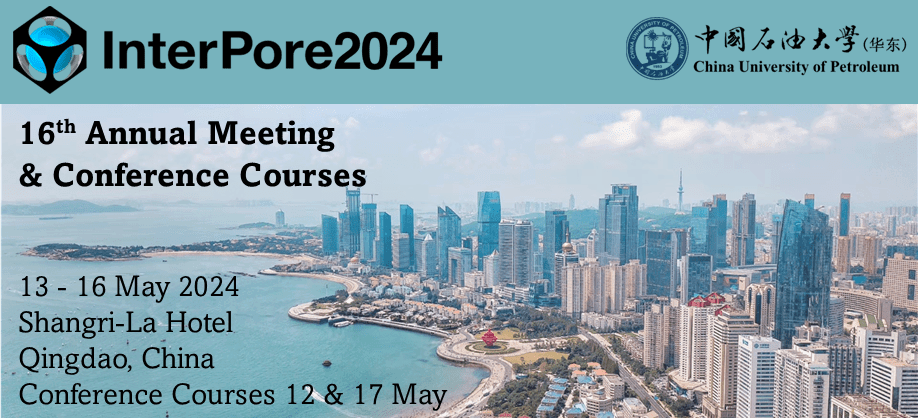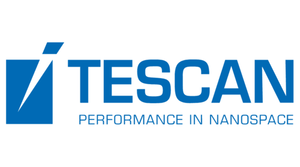Speaker
Description
The characterization of electrical transport properties through porous media is commonly used for reservoir formation evaluation, groundwater management, mineral exploration, and carbon capture and storage (CCUS) monitoring. We discuss image-based characterization and prediction of a range of transport properties including, but not limited to, flow/momentum transport, mass transport as well as electrical properties, often in the presence of multiple fluid phases. We then present novel data science methods and their impacts on prediction speed and accuracy. The data used in this work is openly available as part of a benchmark dataset that includes complete geometric characterization and simulations hosted on Digital Rocks Portal1.
Deep learning (DL) has emerged to be a powerful tool for modeling these transport properties while reducing computation time by several orders of magnitude. Previously, we have applied convolutional neural networks (CNNs) to predict the electric potential field given a segmented x-ray microtomographic image. We found that the set of input features used to predict momentum and mass transport properties did not translate well to electrical transport and had to be redesigned. We further found that because classical DL networks (including CNNs) typically provide a mapping between Euclidean spaces (e.g. image vector-to-scalar quantity, image vector-to-image vector, etc.), they effectively only learning a single instance of the governing equation. If the discretization of the partial differential equation (PDE) changes, the model needs to be retrained or can otherwise lead to issues when applying the model to new domains. Here, we present new work on overcoming that limitation by training neural operators.
Neural operators are a new subclass of scientific machine learning in which data-driven models learn mappings between function spaces, thus learning entire families of PDEs. Here, we apply a Fourier neural operator network to predict the electric potential through a 3D porous medium and contrast them to classical convolutional neural networks (CNNs). The results show improved accuracy over previously trained CNNs, particularly when introducing new types of porous media. Further, we recognize that training a neural operator network typically requires large amounts of high-fidelity data, and despite the existence of open data portals, such as Digital Rocks Portal, this is nevertheless a bottleneck. To address this, we explore the development of a multiscale neural operator network. We expect that the initial time-intensive training will be compensated by its ability to generalize to new parameterizations and other transport problems in porous media.
| Country | The United States of America |
|---|---|
| Conference Proceedings | I am interested in having my paper published in the proceedings. |
| Acceptance of the Terms & Conditions | Click here to agree |




.jpg)
